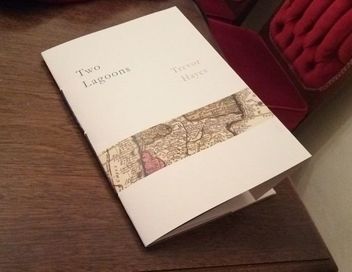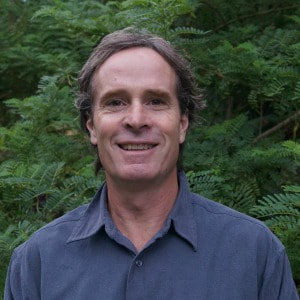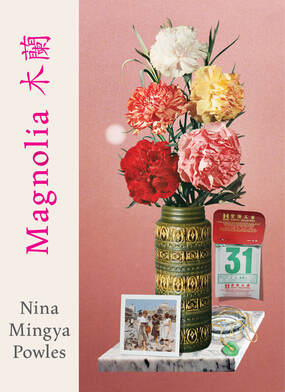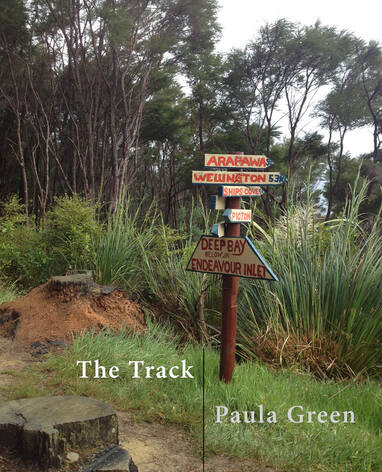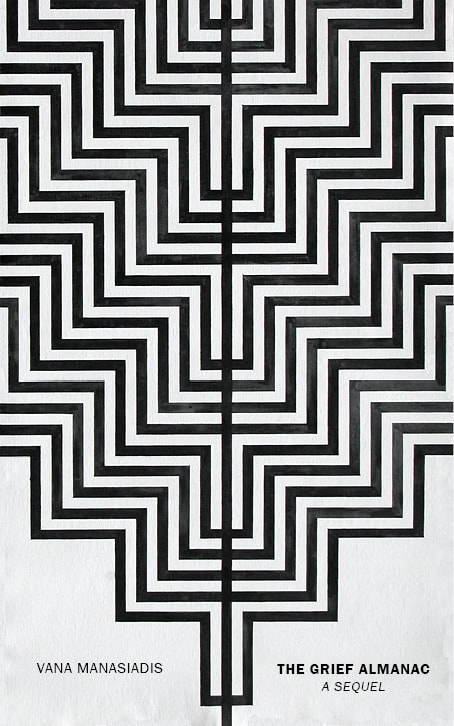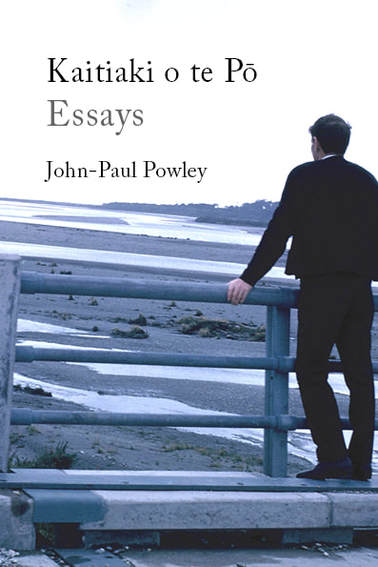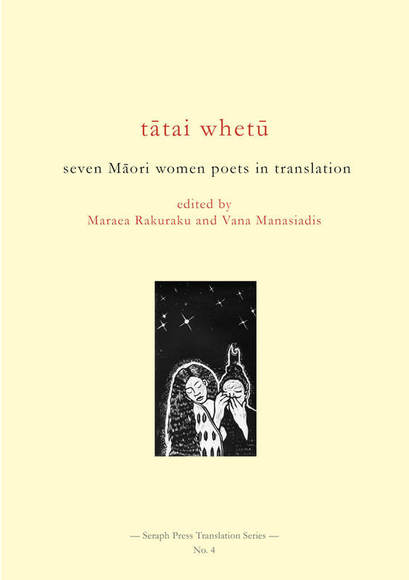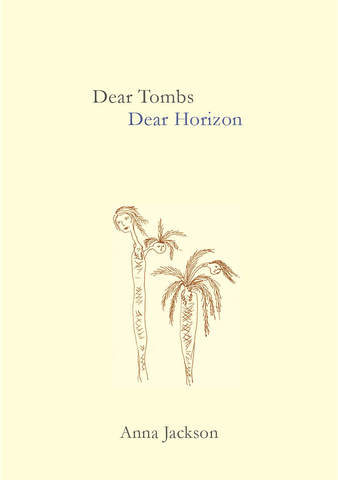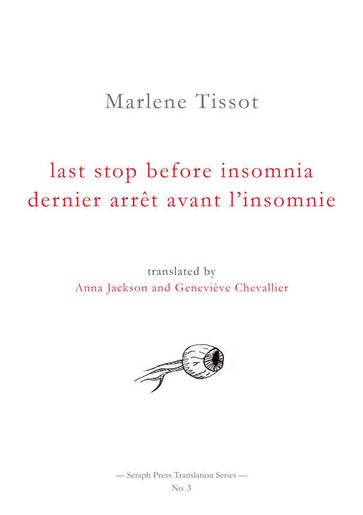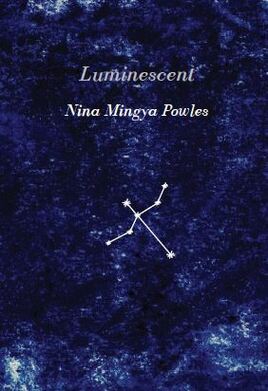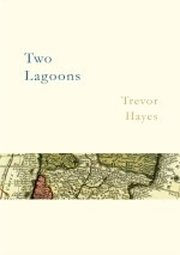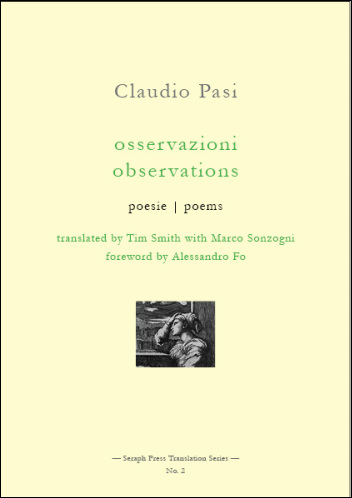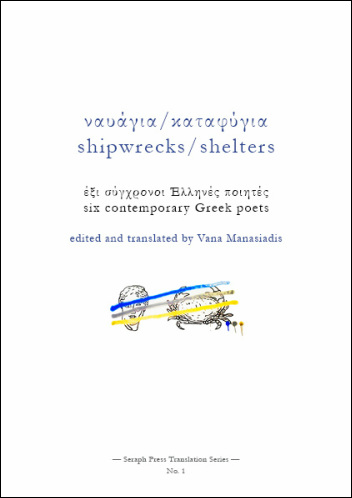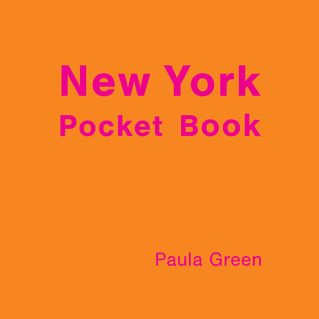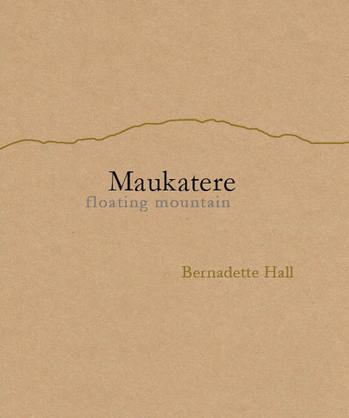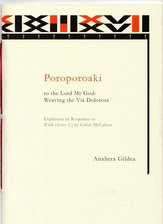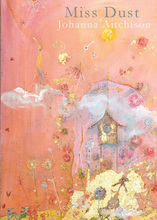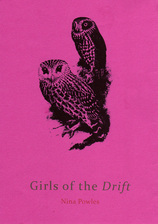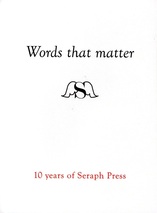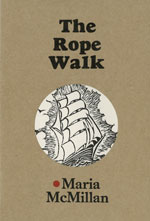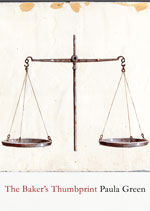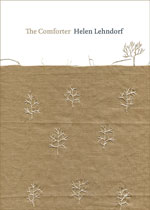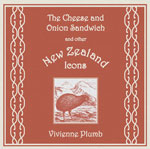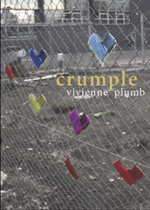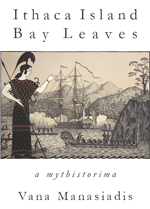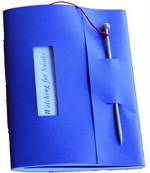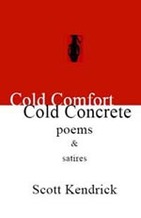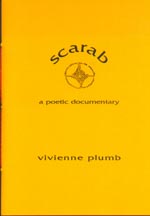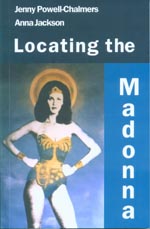Yes, I lived in Spain for four years and spent six months travelling through South America. After my travels I studied Spanish language and English literature at Victoria University. Funnily enough, it was poetry that drew me into the language. I was obsessed with Pablo Neruda for a long time and went to Chile on a poetry pilgrimage.
As well as learning another language, you’ve also taught English as a second language. What have both of those experiences taught you about your own language, and how has that feed into your poetry? I’m thinking particularly of your poem ‘Paroemiology’, which seems especially alive to the tricksyness of language.
When I first started teaching English in Spain I had no more than an instinctive knowledge of how English worked. Learning more about the grammar and the structure of language; the whys and hows and whens has been useful, especially during the editing stages.
Learning another language expands your world. This is healthy. It can be fun too. Paroemiology plays with international proverbs that are sometimes lost in translation.
In New Zealand we tend to not be that familiar with poetry from other languages. Your poem ‘Peruvian Light’ has the subtitle ‘after Vallejo’, referring to Peruvian poet César Vallejo – of whom I must confess I had previously not heard. Do you read much poetry in translation? What do you think the literature from another language has brought to your own work?
Yep, one of the main benefits, for me, of learning Spanish is that I can delve into that language’s poetry. I’ve definitely been influenced by Spanish language poetry. I try to read it without translations. Peruvian Light is an ‘interpretation’ of parts of Vallejo’s Trilce, a book that turned Spanish language poetry on its head when it was published in 1922.
As I pointed out I was/am a big fan of Pablo Neruda, but when I went to Chile I discovered Nicanor Parra, the great ‘anti-poet’. He was the response to Neruda’s grand romanticism: anti lyrical and colloquial but just as powerful and profound. I think this tension between ‘poetry’ and anti-poetry’ has helped defined what I am doing in my own poetry.
You’ve travelled around the world a lot, but now you’re living in a fairly remote part of the West Coast, near Punakaiki. Why did you decide to move there, and what is life like there, especially for a poet? Is it conducive to writing poetry? Do you miss a wider literary community?
I have lived in Punakaiki, on and off, for over 25 years. I came here as a teenager and fell in love with the place. It is majestic and wild. There is also a great community who appreciate artistic endeavour and support and encourage me. I don’t really miss a wider literary community as I have internet and am able to keep connected this way. I do miss the poetry events and live action of the city though.
When did you begin to write poetry, and why?
I had a great English teacher at Wakatipu High School who made poetry fascinating. I don’t think I was writing poetry then but I was writing stories. In my late teens I discovered the beat writers and wanted to be cool like them. I have mixed feelings about The Beats today, but they were exciting and appealed to my young sense of rebellion. To me poetry is rebellion. It is an instinct towards freedom.
Are there any poets who have been a particular influence on you?
Hone Tuwhare was a big influence and lots of my early poems are fairly good imitations of him. Nowadays I’m influenced by Geoff Cochrane, Tim Uppperton, Gregory O’Brien ... and now Hera Lindsay Bird – she’s brilliant.
What inspires you, and what are you aiming to do in your work?
Mostly I am inspired by the absurdity of our existence. In my poetry I am trying to make sense of it all while simultaneously trying, as Talking Heads might have it, to STOP MAKING SENSE.
Find out more about Two Lagoons...
